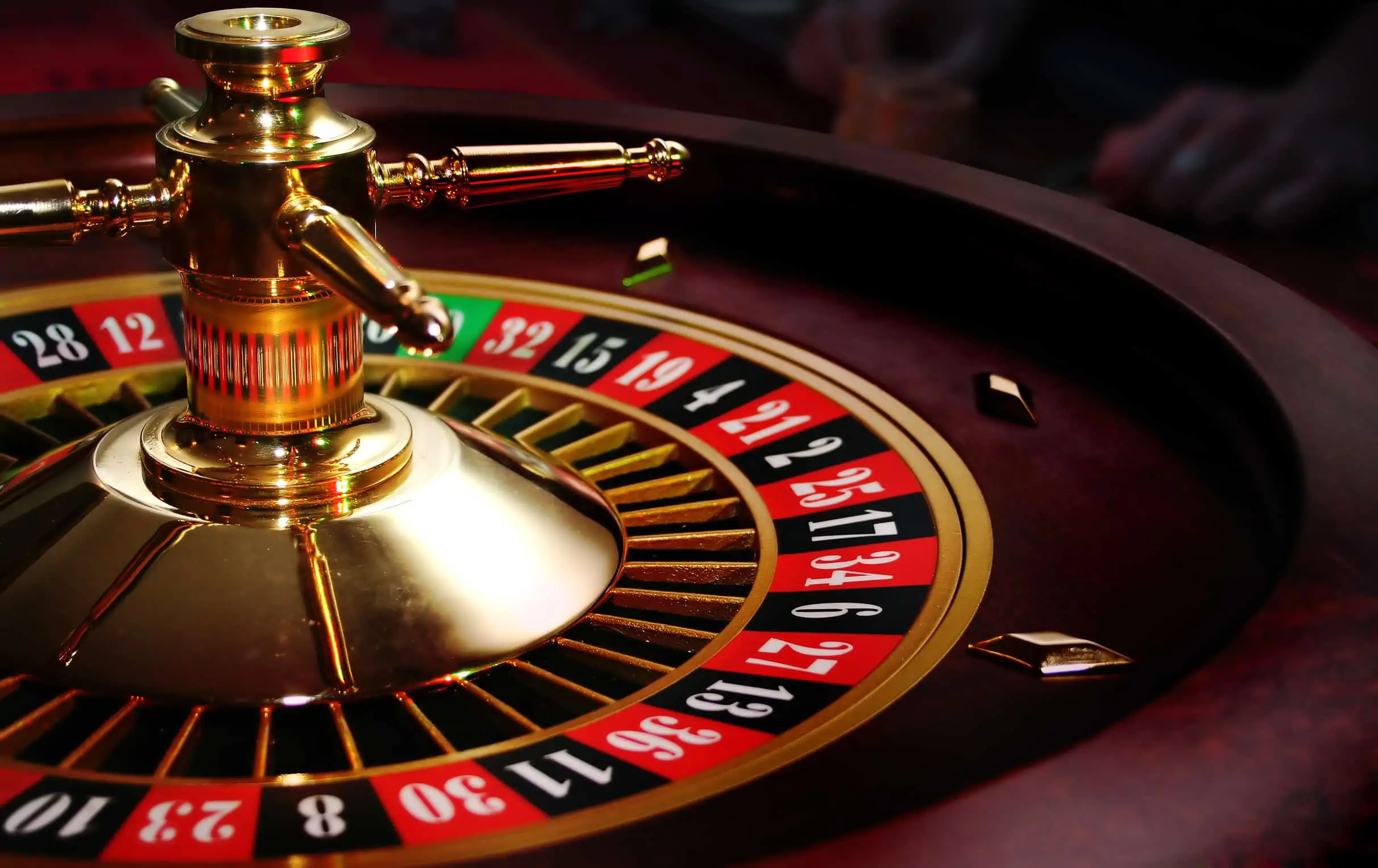
Casino entertainment have long been a captivating form of entertainment, drawing numerous of players from varied cultures around the globe. From the lively casinos of the Strip to the busy gambling halls of the Cotai Strip, these games serve as a bridge that brings together people across a variety of backgrounds. The allure of fortune, tactics, and uncertainty entices not only those looking to strike it rich but also those seeking a feeling of belonging.
The cultural impact of casino games extends far beyond the gaming floor. They often embody the cultural standards and principles of the societies in which they thrive. Games such as seven-card stud, pontoon, and the wheel game have embedded themselves into the mosaic of cultural phenomena, influencing everything from films to clothing. As we explore this intriguing intersection of chance and culture, we can comprehend better how casino games shape and are influenced by the surrounding world.
Chronological Progression of Casino Games
The beginnings of casino activities can be followed back to old cultures, where betting in different forms was extensively engaged in. In the East, around 2300 BC, a form of gambling known as Keno was common, while in historic the Roman Empire, soldiers would frequently bet on the outcomes of their contests. The notion of using randomness for amusement and income developed over the years, leading to the establishment of more organized activities. By the final Middle Ages, betting houses initiated to emerge in the continent, notably in Italy, which presented early versions of famous activities still enjoyed today.
As betting expanded popularity in the continent, the 17th and 18th centuries saw the emergence of gaming houses as exclusive establishments for gaming. The earliest official gambling house, the Ridotto, was set up in the city of Venice in 1638, providing games like Baccarat and the game Faro. This time marked a crucial pivoting point, as casinos began to welcome not just the high society but also the burgeoning middle-tier society. The complexity of games grew, leading to the development of new regulations and versions that enriched the gaming experience.
In the 19th century, the industrial age and transformations in societal norms additionally transformed the landscape of casino games. The arrival of roulette and modern one-armed bandits attracted a broader clientele, and casinos became seen as legitimate forms of entertainment. This time witnessed the worldwide proliferation of casino activities, as casinos expanded from the continent to the New World, culminating in the establishment of the iconic Las Vegas Boulevard in the twentieth century. The progress of gambling games has progressed into the modern era, integrating technology and online platforms, allowing them accessible to a universal audience.
## Cultural Significance across Diverse Societies
Casino activities have significant cultural significance in numerous societies across the globe. In Las Vegas, the very essence of the urban landscape is woven around gaming venues, where playing is not just a pastime but a fundamental aspect of entertainment and social interaction. The vivid lights and lively atmosphere attract a vast audience, showcasing how gambling activities can shape local economical structures and cultural uniqueness. This surrounding transforms the notion of recreation into an immersive encounter that influences fashion, music, and even movies.
On the other hand, some cultures view gambling with an air of caution, considering it through the lens of ethical considerations and heritage. For example, in numerous Eastern societies, games like Mahjongg and Pai Gow are full of history and have significant social meanings. These games are often played during gatherings and festivities, fostering community bonds and reinforcing kinship ties. The act of engaging in these games goes beyond mere entertainment, reflecting principles such as respect for elders and the significance of shared enjoyment.
Meanwhile, in Western countries such as the principality of Monaco and the Italian Peninsula, casino games serve as symbols of wealth and elegance. The elegant atmosphere of these establishments attracts both travelers and locals, maintaining a sense of prestige and exclusivity. The art of poker and the strategic elements of games like the game of baccarat are appreciated, molding social dynamics and establishing an attraction that captivates a heterogeneous audience. iq88com.bet This highlights how casino games can concurrently mirror and shape cultural perspectives towards hazard, gain, and social interaction.
Economic Impact and Travel Industry
Gambling activities play a crucial role in the economic landscape of many areas, particularly those that rely heavily on tourism. The revenue generated from gambling establishments fuels local economies, creating employment opportunities not only within the casinos themselves but also in connected industries such as hotel management, dining, and entertainment. This influx of tourists, drawn by the attraction of gambling and the overall casino experience, stimulates spending across multiple local enterprises, contributing to the economic health of the region.
The existence of casinos often leads to the construction of facilities, including lodging, public transit, and leisure amenities. These developments are essential in enhancing the overall visitor satisfaction, making locations more attractive to visitors. Additionally, many casinos invest in local communities through support of activities and philanthropic activities, further embedding themselves into the community structure of the locality. Such contribution not only supports economic growth but also cultivates a positive reputation of the gambling sector.
Moreover, the global popularity of casino games drives competitive tourism, with regions vying to attract gamblers from around the world. Iconic locations like Las Vegas and Macau have become synonymous with casino culture, drawing millions annually. This competitive edge encourages innovation and diversification within the gambling sector, influencing developments in leisure and hospitality that resonate beyond their limits. The consequences of this tourism extend far, impacting local economies and cultural interactions on a worldwide scale.
